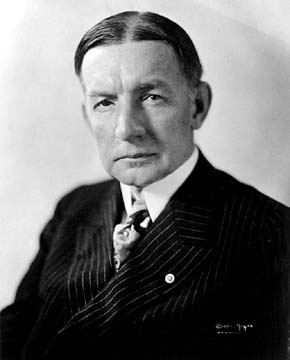Isolationism
•Republican Era
•USA does not join League of Nations
•U.S. felt they were superior to a corrupt world
•U.S. impregnable to attack
following WW1 americans went back to a supposed polocy of isolationism howver acts like the daws were counter to this polocy.
•USA does not join League of Nations
•U.S. felt they were superior to a corrupt world
•U.S. impregnable to attack
following WW1 americans went back to a supposed polocy of isolationism howver acts like the daws were counter to this polocy.

